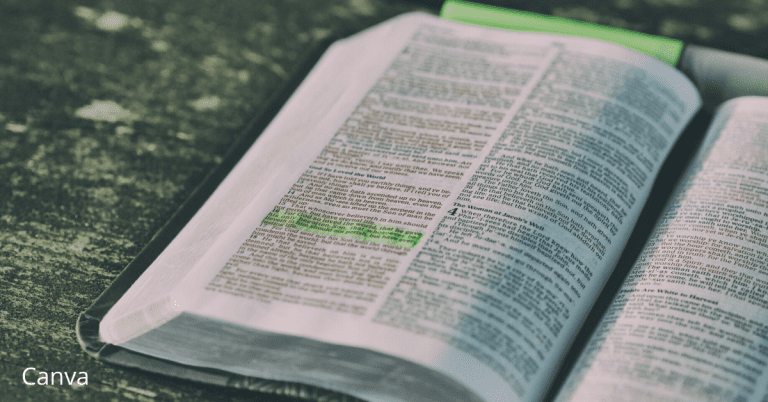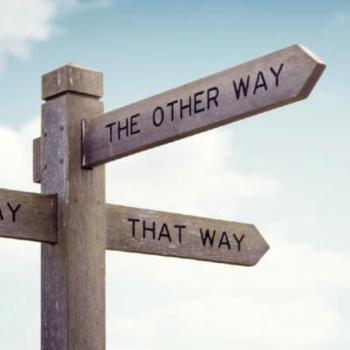A helpful guide to reading our Bibles more effectively!

Here are some suggestions that we might want to consider when reading our Bibles
(NOTE: these are not absolute: sometimes I may read my Bible and I might be encouraged: sometimes I may read and find hope; sometimes I may read and find strength, comfort, and peace)
But, sometimes:
If you are reading the Bible and you are feeling convicted, then you might be reading it well.
If you are reading the Bible and you are not sure you want to do what it says, then you might be reading it well.
If you are reading your Bible and you don’t understand “blessed are the poor,” then you are probably reading it well.
If you are reading the Bible and you know you need the peace of Christ in order to do what it says, you are probably reading it well.
If you are reading the Bible and you know you are just as much a sinner as the other, then you are probably reading it well.
If you are reading the Bible and you suddenly feel compassion for the child who can’t read the Bible because they don’t have the same access to education as you, then you are probably reading it well.
If you are reading your Bible and your love for others increasing each day, then you are probably reading your Bible well.
If you are reading the Bible and you can’t figure out why anyone would want to kill Jesus or Stephen any of God’s people, then you are probably not reading it well.
If you are reading the Bible and you think you are better than the Pharisees, the Israelites, the Egyptians, Cain, Judas, Pilate, The Harlot, or those in Sodom, then you might not be reading it well.
If you are reading your Bible and you do not have any sympathy for the homeless, the refugee, the immigrant, the marginalized, or the oppressed, then you are not reading it well.
If you are reading your Bible and you do not feel grief for those less fortunate than you, then you are probably not reading it well.
If you are reading your Bible and the characters in the Bible are the same race, color, and creed as you are, then you are probably not reading your Bible well.
Maybe what I have written might apply to more than your Bible reading.
It might apply to your blog feeds!
If you read a blog and thought, “well, I agree, but I don’t like it”, then maybe the blog post spoke some truth!
If you read a blog and thought, “yes,” I like everything I heard, then, maybe it just fed you what you wanted to hear.
It might apply to your favorite preacher’s messages!
If your pastor only says things you like to hear, then either they are afraid to preach the word, or they have given in to the feel-good gospel of the 21st century and have neglected the call to cross-bearing, or you are not listening well.
It might apply to your news feeds!
(and this might hurt): if you only watch/read news feeds that tell you what you want to hear, maybe you are not opening yourself to the truth. The reality is that even the people we like, and the nations we support, and politicians we endorse, make mistakes. If our news feeds are afraid of criticizing them, then they are failing to uphold a basic Christian standard of the sinfulness of all humanity. And if our news feeds only condemn our enemies and do not help us to see the humanity in the other and remind us that Christ died for them, then we might need to spend more time in the world, and before the altar, and less time before the sanctuary of CNN or FOX news.












